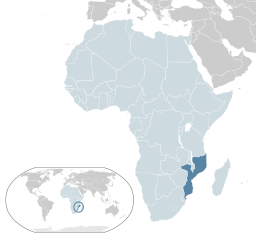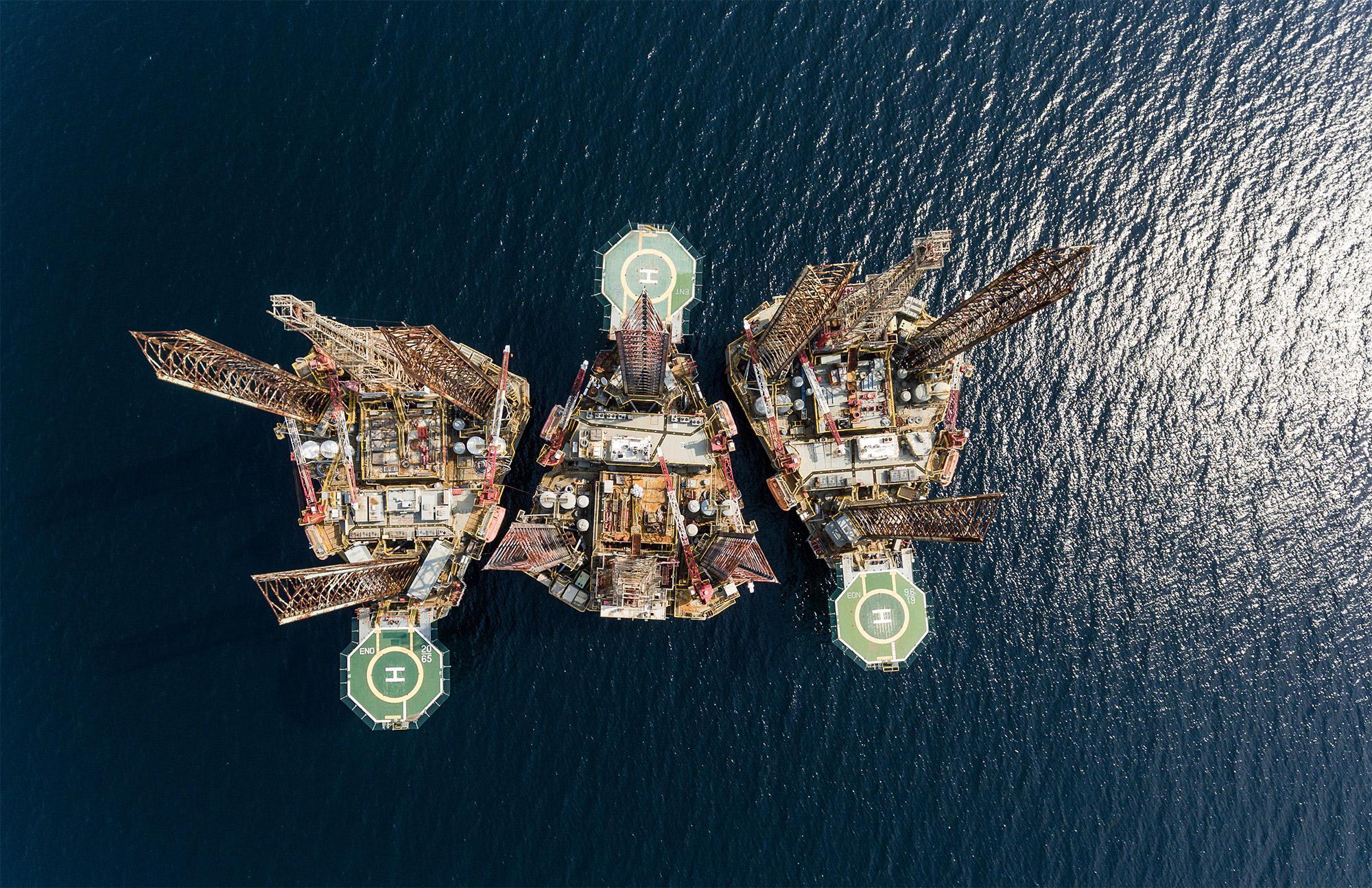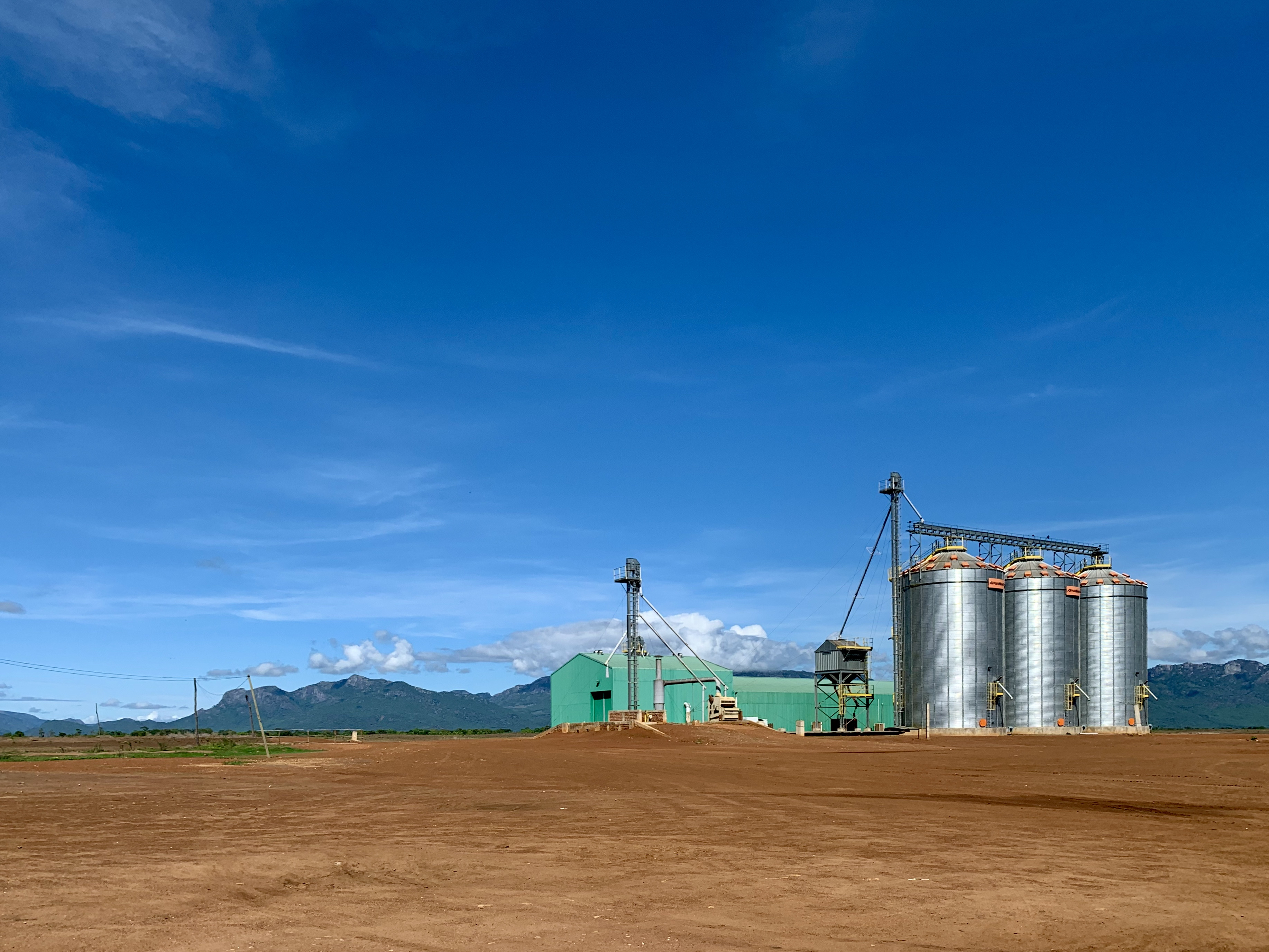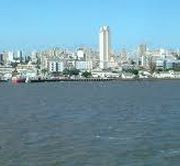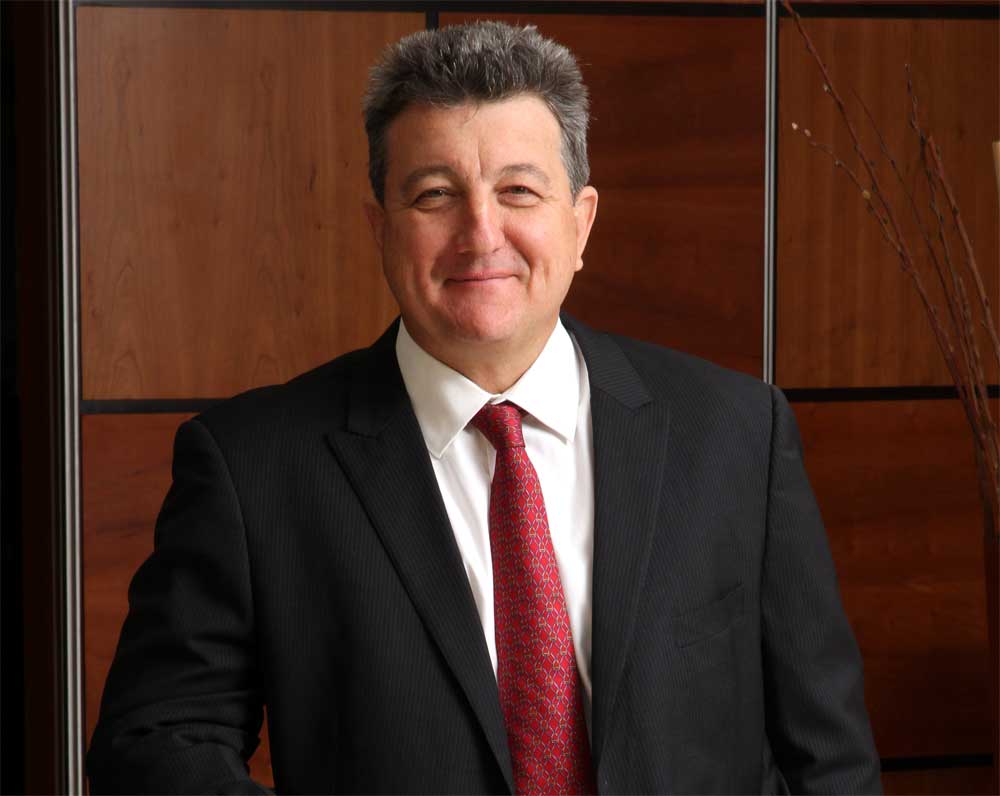[vc_row][vc_column width=”1/2″][vc_column_text]
Mozambique
Mozambique was the 124th largest economy in the world by nominal GDP in 2018. Its GDP per capita was $490 USD. In the 1990s, Mozambique strongly rebounded from a damaging 15-year civil war. Today it is developing a range of resources including coal, aluminium, natural gas, and titanium. It was ranked 148th in the World Bank's Human Capital Index and 114th in the Economic Complexity Index in 2017. It is a member of the African Union. Services was the largest economic sector in 2018 (46.6 percent of GDP), followed by agriculture (21.4 percent), and manufacturing (10.7 percent). In 2017, the largest export sectors were minerals (45.1 percent), metals (18.75 percent), agriculture (17.8 percent), and services (9.98 percent). The largest individual exports were coal (20.53 percent), unwrought aluminium (15.9 percent), coking coal (8.97 percent), transport services (6.8 percent), and petroleum gasses (5.4 percent). Its largest export partners were India (15.7 percent), South Africa (15 percent), China (8.5 percent), and Italy (7.3 percent). The largest goods imports were refined petroleum (16.2 percent), chromium ore (6.62 percent), and aluminium oxide (4.3 percent). From the 15th century Portugal began establishing forts and settlements along the coast of Mozambique. The 1884 Berlin conference allotted Mozambique to Portugal. Portugal then turned their attention to the interior with a series of military campaigns and land concessions. In 1951, it was declared a Portuguese colony and settlers from Portugal were encouraged. In the 1960s, several independence groups combined to form FRELIMO. Mozambique became independent in 1975, following the 1974 revolution in Portugal. Between 1977 and 1992, the country was wracked by civil war. The rebels were sponsored by Rhodesia and later South Africa. Mozambique was already among the poorest countries at independence. The civil war further impoverished the country. Reforms from 1987 brought macroeconomic stability. The end of the war and multiparty elections in 1994 has largely brought political stability. Foreign aid and FDI helped to develop the mining industry while the government invested in infrastructure and megaprojects. As a result, the economy began to accelerate. Between 1994 and 2015, annual real GDP growth averaged 8.4 percent. Public debt also decreased in the 2000s because of debt forgiveness, restructuring, and growth. Since 2015, growth has slowed with the fall in commodity prices, a decrease in FDI, a regional drought, and the revelation of hidden public debt in 2016. Growth should increase again in the future with further development of mining resources and downstream industries. The recent emergence of Islamic insurgents in the gas-rich north is a risk to growth.
[/vc_column_text][vc_column_text] Its population in 2018 was 30,528,673 [1]
Its population in 2018 was 30,528,673 [1]
 In 2015, 86.40% of its total energy
In 2015, 86.40% of its total energy
consumption was renewable [2]
 In 2021, its GDP grew by 2.22% [2]
In 2021, its GDP grew by 2.22% [2]
 In 2021 it had a negative Current
In 2021 it had a negative Current
Account Balance of US$bn 3.62 [3]
 Its Expenditure on R&D (as a percentage of
Its Expenditure on R&D (as a percentage of
GDP) in 2015 was 0.31% [2]
What free trade areas or economic unions is it a member of?
None
[/vc_column_text][vc_column_text]What trade deals are there with other countries and economic unions?
Southern African Development Community (from 01/09/2000)
EU - Mozambique (SADC) Economic Partnership Agreement (from 05/02/2018)
UK - SACU+M trade agreement (from 01/01/2021)
[/vc_column_text][/vc_column][vc_column width=”1/2″][vc_column_text]Oil North of 60: Africa Seeks to Cash in on Energy Crunch
Thirdway Africa: ‘Thinking Anew’ about Alternatives and Innovations for Investment in Africa
World Bank Supports Greater Resilience to Climate Related Hazards in Mozambique
Mozambique Gets US$110 Million from World Bank to Improve Business Environment, Public Financial Management, and Social Protection
Africa Awakening: A Continent on the Rise
Graça Machel: The Only First Lady of Two Countries
LEX Africa: The Changing Face of Power in Africa
Trade with the United Kingdom
Source: UK Office for National Statistics, October 2022.
Contains public sector information licensed under the Open Government Licence v3.0.
Loading, Please Wait!
This may take a second or two.














































































